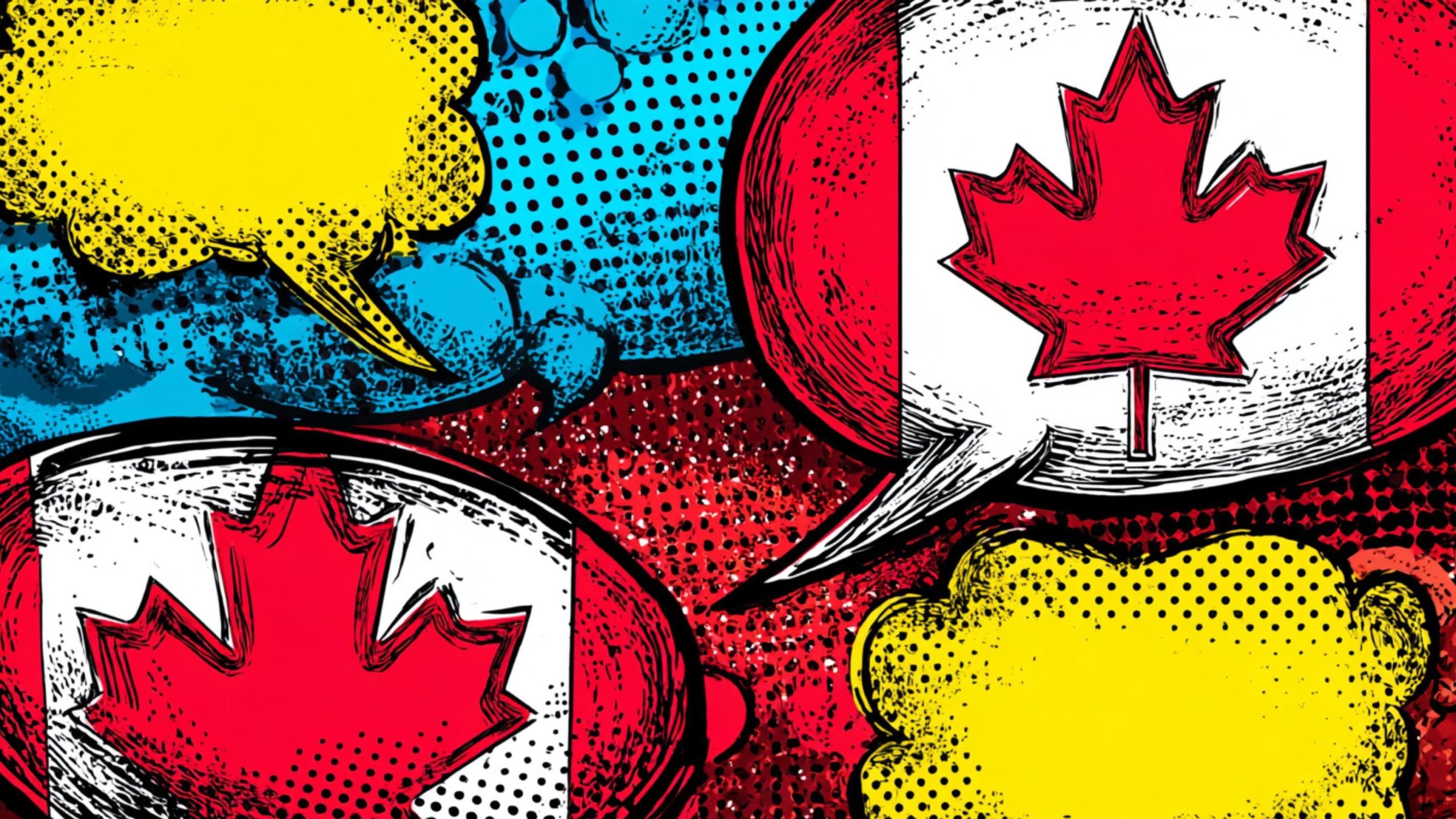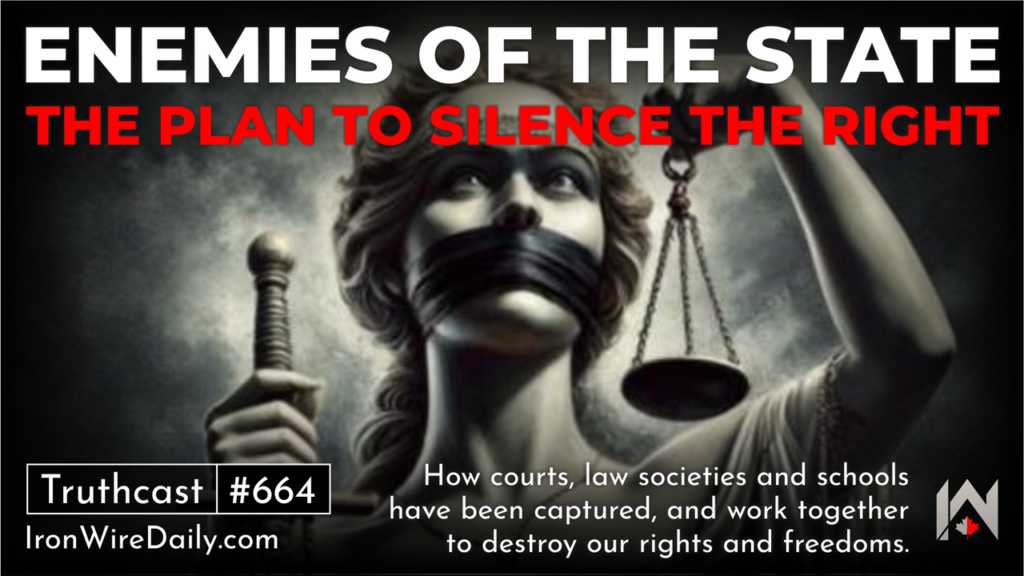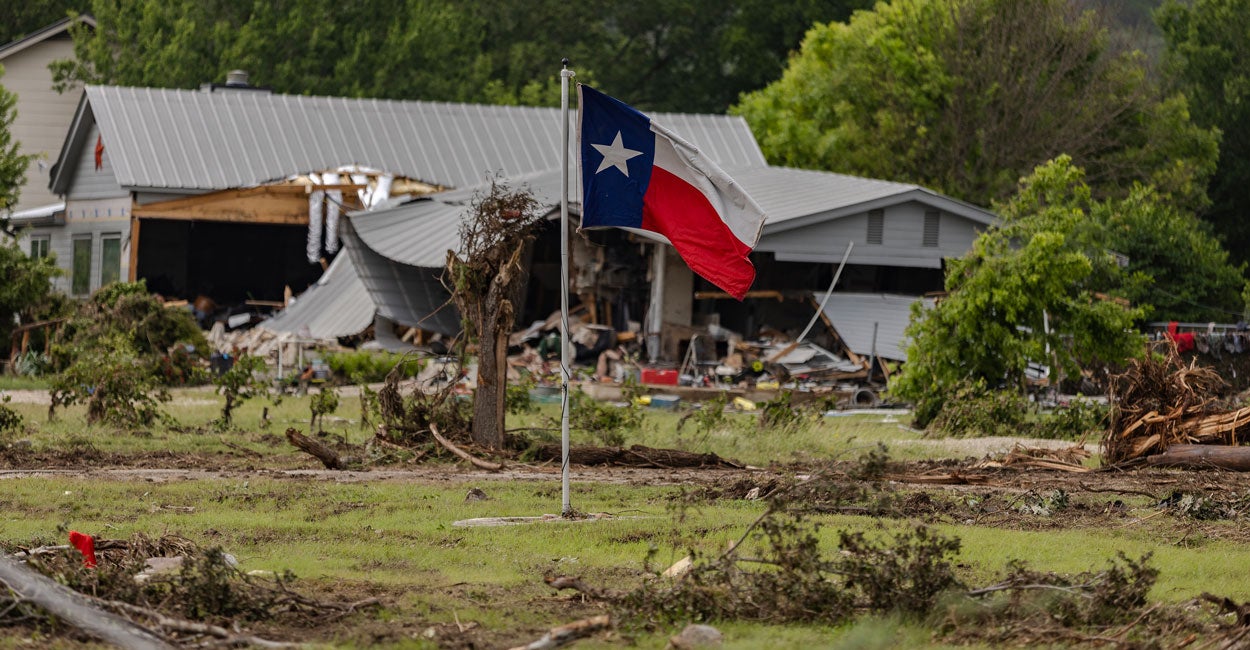Canada Eyes Revival of Online Censorship Bill

As Canada’s government hints at reviving its shelved Online Harms Bill, concerns are mounting that this could signal a renewed assault on free speech. The legislation, once known as Bill C-63, had been left behind when Parliament was prorogued earlier this year.
Now, under Prime Minister Mark Carney, the Liberals appear ready to give their controversial plan another try, leaving civil liberties groups on high alert.
The Democracy Fund (TDF), a leading voice in the fight for free expression, has been quick to sound the alarm. Mark Joseph, TDF’s litigation director, argues that no sweeping new regime is necessary.
“There are laws in place that the government can, and does, use to address most of the bad conduct that the Bill ostensibly targeted,” he pointed out.
In Joseph’s view, any genuine gaps in the Criminal Code could be addressed with targeted amendments, rather than broad measures that risk suffocating debate.
“The previous Bill C-63 sought to implement a regime of mass censorship,” he warned, adding that TDF remains determined to resist efforts to criminalize speech and punish lawful debate.
The government, for its part, insists it is simply reassessing its approach. Justice Minister Sean Fraser has described the current review as a “fresh look” at how best to address online harms.
But for those who value open dialogue, such language offers little comfort, raising fears of government overreach cloaked in promises of safety.
Fraser has acknowledged that fast-evolving technologies, such as artificial intelligence, are reshaping both the online world and the policy challenges that come with it. “We will have that in mind as we revisit the specifics of online harms legislation,” he said.
Despite this, the details of what Ottawa intends remain unclear. Fraser noted that no decision has been made on whether to reintroduce the original legislation, revise it, or break it into separate bills.
In their campaign promises, the Liberals had committed to making the spread of non-consensual deepfakes a criminal offense and pledged to give law enforcement stronger tools to combat this content.
Earlier versions of the bill drew sharp opposition due to provisions that would have compelled platforms to delete content within 24 hours of it being flagged, a requirement seen by many as incompatible with the basic tenets of free speech.
Although later drafts tried to narrow the scope of these takedown demands to cover intimate images and content involving the sexual victimization of children, concerns persisted.
The bill also sought to amend the Criminal Code and the Canadian Human Rights Act to tackle so-called hate speech, sparking fears that such changes would chill lawful expression.
Fraser has indicated that discussions with other ministers, including Steven Guilbeault and Evan Solomon, will shape the next steps.
Whether the government chooses to package online harms measures within a single bill or separate them remains undecided. He suggested that some elements could be folded into a broader crime bill expected this fall.
Central to the original legislation was a provision that would have empowered authorities to impose house arrest and internet-cutoffs on individuals, not for crimes they had committed, but based on fears of what they might do in the future.
In what critics saw as an alarming overreach, Canadians could also have been forced to wear electronic monitoring devices under these preemptive restrictions.
Then-Justice Minister and Attorney General Arif Virani defended this approach, describing it as a tool for safeguarding the public. “(If) there’s a genuine fear of an escalation, then an individual or group could come forward and seek a peace bond against them and to prevent them from doing certain things,” Virani explained.
He suggested that such measures could keep people away from places like synagogues or mosques, or limit their internet access and other forms of conduct. According to Virani, this would contribute to deradicalizing individuals exposed to harmful ideas online who might later commit violent acts. “That would help to deradicalize people who are learning things online and acting out in the real world violently, sometimes fatally,” he said.















